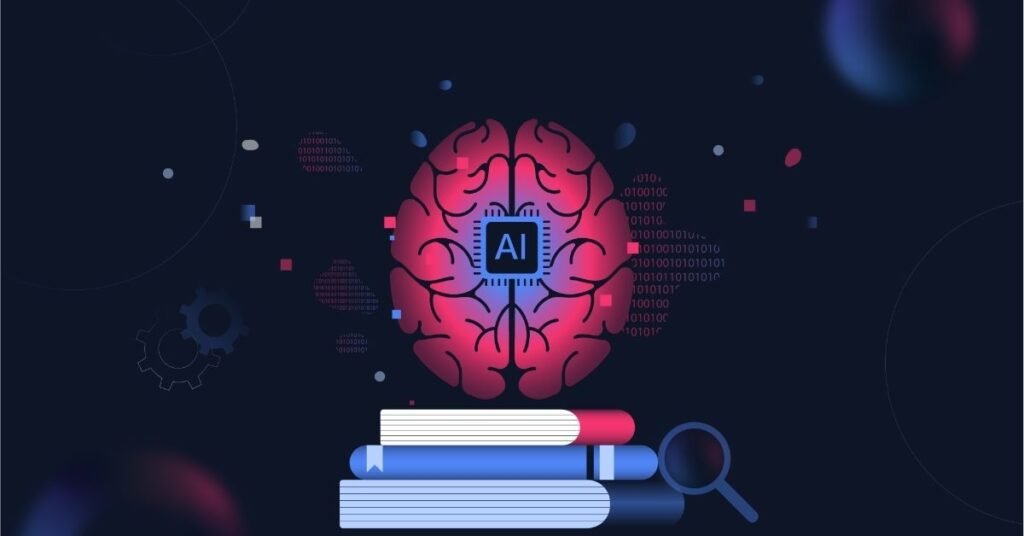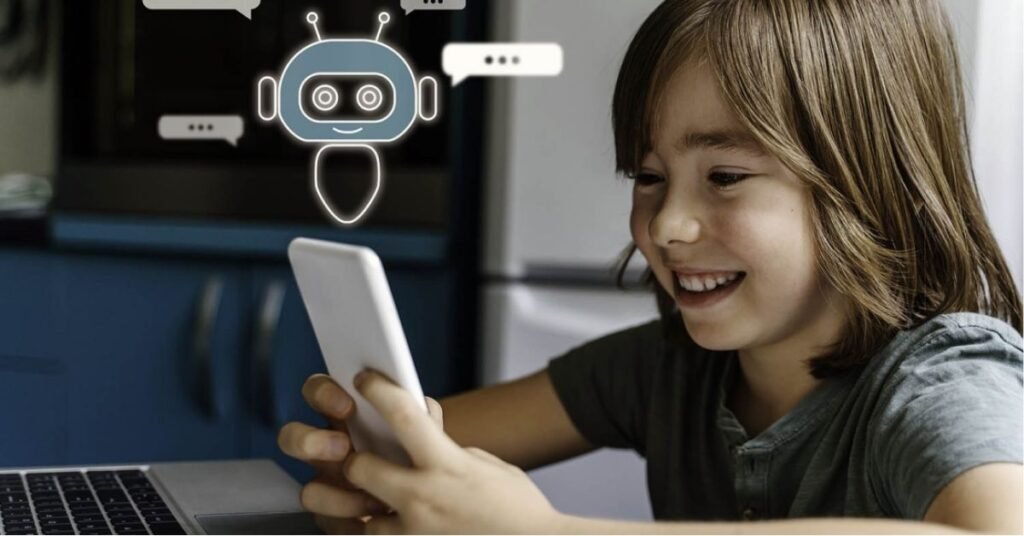In 2025, AI chatbots like Grok and ChatGPT are at the heart of a heated AI Chatbot Ethical Debate, particularly in U.S. classrooms.
These tools, capable of generating essays, solving math problems, and answering complex questions, are transforming how students learn, but not without controversy.
Educators, parents, and policymakers are grappling with questions about academic integrity, critical thinking, and equitable access.
As schools navigate this new frontier, this article dives into the ethical concerns, student usage patterns, expert insights, and how the AI Chatbot Ethical Debate could redefine education.
Why the AI Chatbot Ethical Debate Matters
The rise of AI chatbots has sparked intense scrutiny in education. With tools accessible via smartphones or laptops, students can instantly tap into vast knowledge bases, raising fears about over-reliance and cheating.
Teachers worry that chatbots undermine original thought, while parents question their impact on learning outcomes.
Policymakers, meanwhile, are pushing for guidelines to ensure fairness, with states like California and New York drafting AI-use policies for schools in 2025.
The AI Chatbot Ethical Debate centers on balancing these tools’ benefits, personalized learning, and accessibility, with risks to academic integrity and cognitive development.

Key Ethical Concerns in Education
The AI Chatbot Ethical Debate hinges on several critical issues:
- Academic Integrity: Chatbots can produce polished essays or solve homework instantly, making it easy for students to submit work that isn’t theirs. A 2025 study from Stanford found 30% of high school students admitted to using AI for assignments without citation.
- Critical Thinking: Teachers fear that over-reliance on chatbots could weaken problem-solving skills, as students may bypass research or analytical processes. A Reddit thread on r/Teachers noted, “Kids are outsourcing their brains to AI.”
- Equity and Access: While chatbots can aid students with disabilities or language barriers, not all schools provide equal access to technology, widening learning gaps.
- Mental Health: Constant access to AI answers may reduce resilience in tackling challenging tasks, with some educators linking it to increased academic anxiety.
These concerns fuel the AI Chatbot Ethical Debate, prompting calls for clear regulations.
How Students Are Using AI Chatbots
Students are leveraging AI chatbots in both constructive and problematic ways. Positively, tools like Grok help with study aids explaining complex concepts, generating practice quizzes, or assisting non-native English speakers with grammar.
For instance, a visually impaired student on X praised AI for reading and summarizing texts aloud. However, negative uses are rampant.
Students use chatbots to write essays, solve math problems, or even generate code for assignments, often without understanding the material.
A 2025 Turnitin report found 25% of submitted papers showed AI-generated content, raising alarms about originality. The AI Chatbot Ethical Debate underscores the need to guide students toward ethical use.
Expert Insights on Ethical Implications
Education experts are divided in the AI Chatbot Ethical Debate. Dr. Sarah Thompson, an education researcher at UCLA, argues that chatbots can enhance learning if integrated thoughtfully, citing their ability to personalize instruction.
However, she warns, “Without oversight, they risk creating a generation of shortcut-takers.” Cybersecurity expert John Hering from Lookout emphasizes plagiarism detection, noting that tools like Turnitin’s AI detector are evolving but not foolproof.
Conversely, Dr. Michael Rich, a Harvard pediatrician, highlights mental health risks, suggesting that over-reliance on AI could reduce intellectual curiosity. Experts agree that teacher training and clear AI policies are crucial to harnessing benefits while mitigating harm.

Comparing to Past Classroom Tech Shifts
The AI Chatbot Ethical Debate echoes past technological disruptions. Calculators, introduced in the 1970s, sparked fears of diminished math skills but became standard with guided use.
The internet in the 1990s raised plagiarism concerns, leading to tools like Turnitin. Smartphones, banned in many schools by 2025, prompted policies like Yondr pouches to curb distractions.
Unlike these tools, AI chatbots offer instant, human-like responses, making regulation trickier. While calculators and the internet were eventually integrated into curricula, AI’s generative power demands stricter oversight to prevent misuse while preserving its educational value.
The Future of AI in U.S. Classrooms
The AI Chatbot Ethical Debate is pushing U.S. schools and universities to act. Some, like Los Angeles Unified, are piloting AI literacy programs in 2025, teaching students to use chatbots as research tools while citing sources.
Others, like New York’s public schools, enforce strict bans on AI-generated work, using detection software and honor codes. Universities like Stanford are experimenting with AI-friendly assignments, such as analyzing chatbot outputs to foster critical thinking.
Success will depend on clear policies, teacher training, and tools to ensure equitable access. The AI Chatbot Ethical Debate suggests a hybrid approach embracing AI’s potential while safeguarding academic integrity could redefine learning.
If schools balance innovation with accountability, AI chatbots could become valuable allies rather than ethical liabilities.
Curious about the AI Chatbot Ethical Debate? Stay informed on how U.S. schools are navigating AI’s role in education in 2025.
AI is turning schools into an Orwellian hell hole that even George Orwell himself could have never imagined.
— Brett Pike (@ClassicLearner) July 15, 2025
Schools are using AI programs to create behavioral and emotional profiles of students – and they’re using facial recognition software to do it.
They are then using that… pic.twitter.com/XiFRqoEcBN
Also Read: Best AI Entertainment Industry Insights and Socialist Response

Abdul Basit is a US-based tech writer who covers Apple innovations, Tesla’s EV growth, AI breakthroughs, smartphone trends, and app reviews for global readers.
